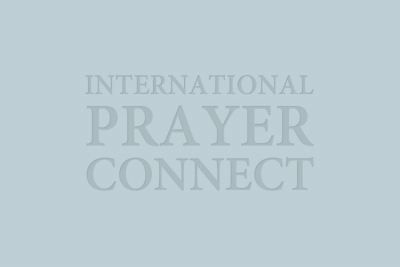Breaking the Cycle: Musalaha Reconciliation Training for Israelis and Palestinian Women

“Musalaha’s women’s leadership committee recently decided to discuss forgiveness at their annual fall women’s conference. We spent time discussing what forgiveness is (a unilateral decision, an intentional process) and what it is not (a feeling, forgetting/avoiding, exoneration/excusing). …We also discussed the difference between forgiveness and reconciliation. Reconciliation entails the restoration of trust and a commitment to a relationship where both sides are willing to be vulnerable and allow the relationship to grow into something different than it was in the past; forgiveness can occur without reconciliation, but reconciliation cannot occur without forgiveness.
We also discussed intergroup forgiveness, redeeming violence and suffering, confronting issues, and bearing one another’s burdens. We then began to discuss intergroup forgiveness with each other, as we were divided into two groups of Israelis and Palestinians for separate discussion. We asked the Israelis to write how they have been hurt by the Palestinians, and then we asked them to write a list of how they think they have hurt the Palestinians. We asked the Palestinians to do the same – to write how they have been hurt by the Israelis, and how they think they have hurt the Israelis. Both sides honestly took time for self-reflection and self-criticism and came up with long lists of hurts and offenses.
We then brought the women back together to discuss this. Both sides brought up the issues of safety and security; both sides acknowledged the fear of the other. The Palestinian side expressed hurt at the imbalance of power, the misuse of Scripture for political purposes, the distortion and de-legitimization of Palestinian identity, and of land confiscation, among many other things. The Israeli side perceived that they hurt the Palestinians by treating them like second class citizens politically, socially, and through a flawed justice system, by being unwilling to listen to or believe their stories and history, and by confiscating property, to name a few. The Israeli side expressed hurt at the fear they live in due to Palestinian aggression, by the lack of understanding of their interpretation of Scripture, by Palestinian maps that make no mention of Israel’s existence, and by the fact that anti-Semitism and Holocaust denial are not denounced in Palestinian society, among other things.
The Palestinian side perceived that they hurt the Israelis by violence, through challenging Messianic Jewish theology, for those living in Israel refusing to declare their Israeli identity, and by downplaying the Holocaust, to name a few. It was striking to see that, many times, each side had correctly articulated how the other side had been hurt by them. This session was eye-opening, and the women were sincere and honest with each other, and they truly heard and acknowledged one another’s hurts…
This conference was a breakthrough for our women. The women felt heard and better understood, and they felt their hurt was acknowledged. This does not mean that they necessarily agree with each another, but that they learned to better listen to one another. The other side’s acknowledgment of one’s hurt is part of the forgiveness process, and it helps in the healing process. They left excited by the furthering of their relationships and the newly found openness they achieved as they were vulnerable with one another. The women are taking this teaching back to their own congregations, as they saw the fruits of acknowledgement and forgiveness in this conference. It was a huge step in our journey of reconciliation, and we truly feel that we were able to better understand and live out.”
Please pray for a growing reconciliation movement to arise between Israelis and Palestinians and that the cycle of hatred and mistrust will be broken.


